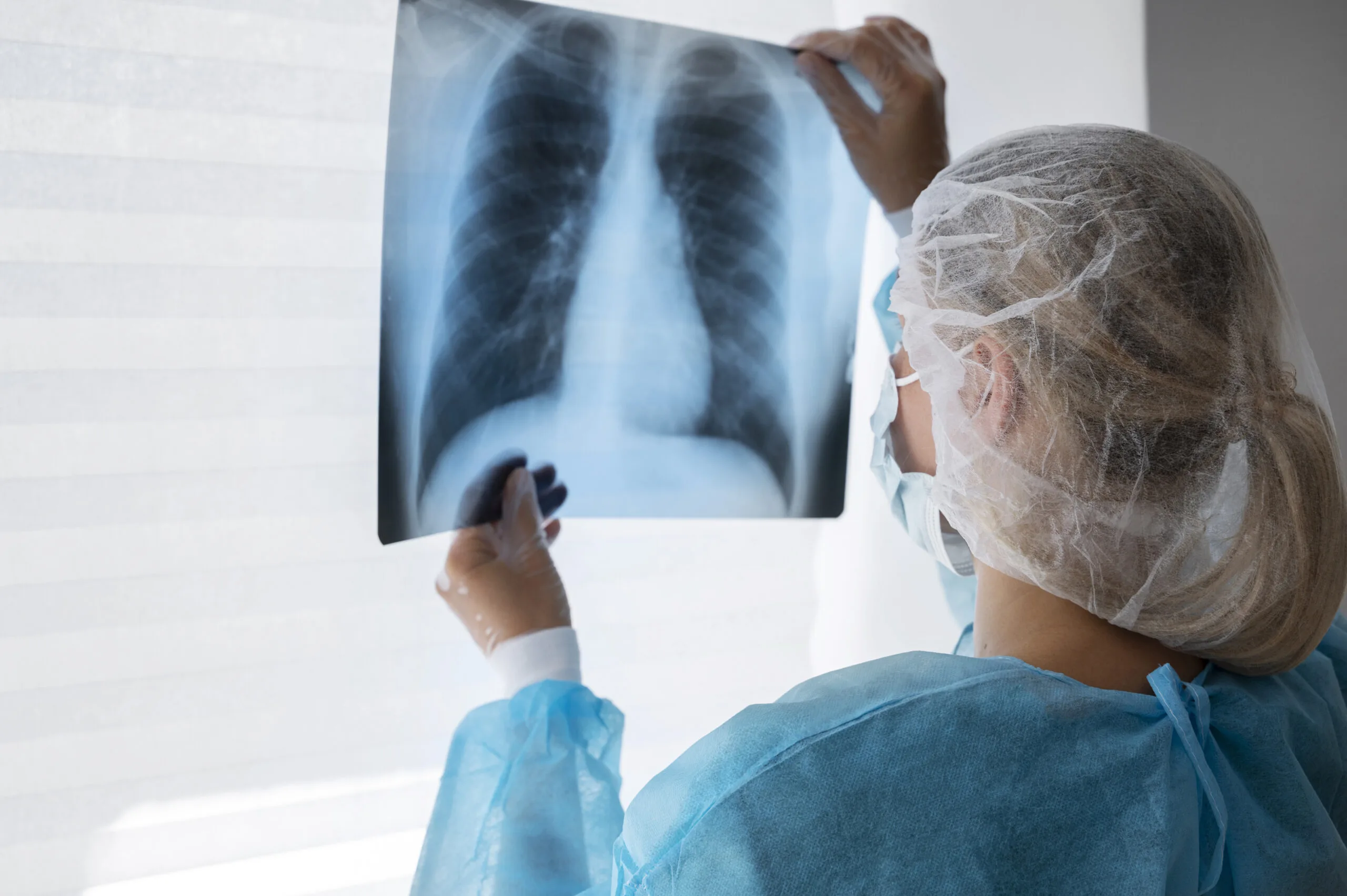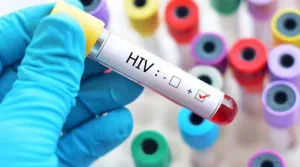Navigating Stage 4 Lung Cancer: Treatment and Quality of Life
Facing a stage 4 lung cancer diagnosis can be overwhelming. However, it’s important to remember that advancements in medical science have led to treatment approaches that can significantly enhance quality of life and effectively manage symptoms. This overview will explore the complexities of stage 4 lung cancer treatment and highlight strategies for improving overall well-being.
Understanding Stage 4 Lung Cancer
Stage 4 lung cancer, also known as metastatic lung cancer, signifies that the cancer has spread beyond the lungs to other parts of the body. While this diagnosis presents significant challenges, it doesn’t mean that treatment is futile. The goals of treatment often shift to managing the cancer, slowing its progression, and alleviating symptoms to improve the patient’s quality of life.
Modern Treatment Approaches
Several treatment options are available for stage 4 lung cancer, often used in combination:
- Chemotherapy: Traditional chemotherapy uses drugs to kill cancer cells throughout the body.
- Targeted Therapy: This approach uses drugs that target specific mutations or proteins within cancer cells, minimizing harm to healthy cells.
- Immunotherapy: Immunotherapy boosts the body’s natural defenses to fight cancer cells. It helps the immune system recognize and attack the cancer.
- Radiation Therapy: Radiation can be used to shrink tumors and alleviate symptoms in specific areas.
- Palliative Care: Focuses on providing relief from the symptoms and stress of a serious illness. It can improve quality of life for both the patient and their family.
Improving Quality of Life
Managing symptoms and maintaining a good quality of life are crucial aspects of stage 4 lung cancer care:
- Pain Management: Effective pain control is essential. This may involve medication, nerve blocks, or other therapies.
- Nutritional Support: Maintaining a healthy diet can help patients maintain strength and energy.
- Emotional Support: Counseling, support groups, and therapy can help patients and their families cope with the emotional challenges of cancer.
- Physical Activity: Gentle exercise, as tolerated, can help improve energy levels and overall well-being.
The Role of Medical Investigations
Regular medical investigations, such as scans and blood tests, are crucial for monitoring the effectiveness of treatment and detecting any changes in the cancer. These investigations help doctors make informed decisions about treatment adjustments.
Final Overview
Living with stage 4 lung cancer requires a comprehensive approach that combines medical treatment with supportive care. While the challenges are significant, modern treatment options and a focus on quality of life can make a positive difference. Open communication with your healthcare team is essential to ensure you receive the best possible care and support throughout your journey.



+ There are no comments
Add yours